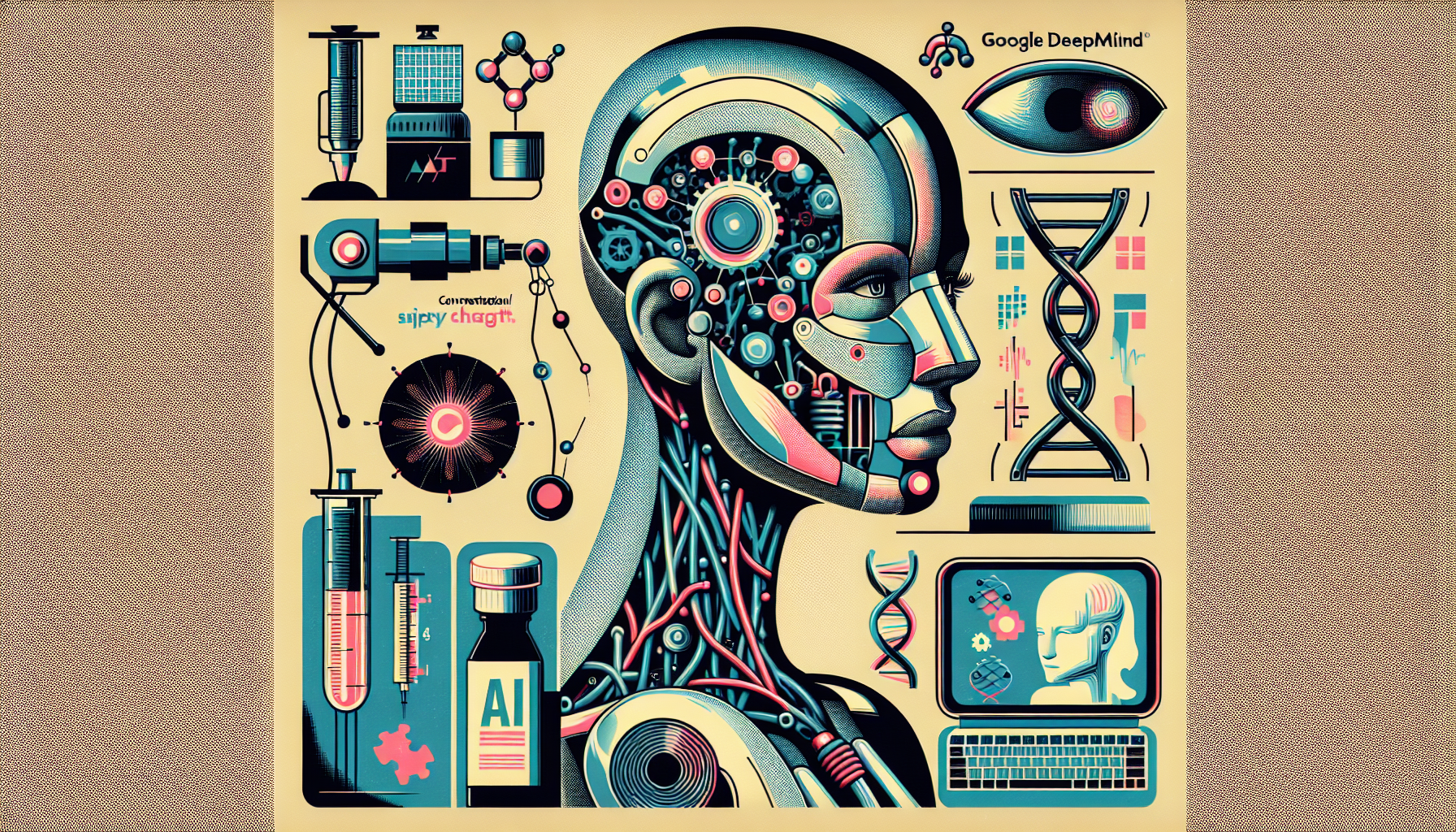Artificial intelligence (AI) and robotics are reshaping our world in ways that often feel both wondrous and weighty. Recent breakthroughs showcase the heights of human ingenuity. For instance, OpenAI’s “Spicy ChatGPT” pushes the limits of how naturally we can talk to machines. Meanwhile, Google DeepMind’s work in cancer research reveals AI’s immense promise for solving some of our most urgent scientific puzzles.
Unmatched Power, New Responsibilities
These advances invite admiration but also introduce complex questions. AI is now moving into deeply sensitive areas—deciding who can access certain online experiences, making judgments in healthcare, or powering vehicles on our streets. Every new use unlocks possibilities but also means that safety, fairness, and accountability are no longer optional add-ons—they are essential requirements.
The Weight of Energy
One pressing challenge is energy consumption. AI’s hunger for computing power is staggering: data centers that support large AI models and real-time services use enormous amounts of electricity. This rapid rise in energy demand shapes global energy policies and deepens concerns about our planet’s future as climate change accelerates. For AI to benefit society long-term, it must grow hand-in-hand with more sustainable infrastructure and responsible choices about how and where it is used.
Ethics at the Forefront
AI sits at the crossroads of opportunity and responsibility. Our trust depends on systems that guard our privacy and keep our personal data safe. Yet algorithmic bias sometimes creeps in, leading to unfair or even harmful decisions. These risks are not abstract: they can mean unequal access to healthcare, financial services, or jobs.
The speed at which AI tools are spreading sparks anxieties about job losses and growing divides between those who benefit from AI and those who are left behind. Addressing these challenges requires teamwork that goes beyond technology—technologists, policymakers, and ethicists must join forces to craft regulations that guide AI toward the common good.
Meeting Practical Hurdles
Beyond questions of right and wrong, companies also face real-world barriers when adopting AI. Data quality and bias are constant concerns. Integrating advanced technologies into existing systems isn’t simple. Companies must weigh the benefits against costs, and often need to nurture new skills among their teams to manage these complex tools well.
What becomes clear is that no amount of technological progress alone will be enough. Lasting success demands thoughtful strategies that blend technology with social and ethical wisdom.
Across Industries, A Double-Edged Sword
AI’s touch is felt everywhere—from manufacturing floors and movie studios to hospital rooms. In healthcare, the pace of AI progress is especially striking. Hundreds of AI-powered medical devices have earned approval, promising better diagnosis and care. Autonomous vehicles like those from Waymo highlight how real AI transformation has become.
Yet every breakthrough also casts a shadow. These technologies force conversations about safety standards, personal accountability, and job futures—reminding us that progress carries risks that society must continually address.
Stewardship and the Path Ahead
Global initiatives are rising to meet these challenges. The 2025 AI Innovation Challenge supports bold and ethical solutions from diverse corners of the world. Efforts like the Presidential AI Challenge in education prepare young people to use AI wisely, responsibly, and creatively.
As we look toward the future, the story of AI is one of extraordinary achievement balanced by urgent questions. The tasks ahead demand not only technical brilliance but a shared commitment to values that put humanity first. Our collective choices today will decide whether these new technologies shape a future that is just, safe, and full of possibility for all.

Leave a Reply